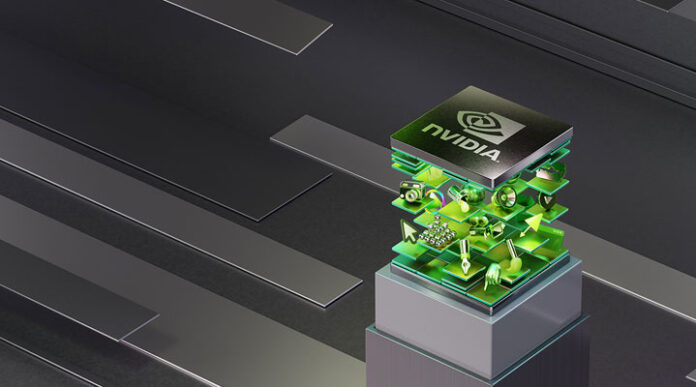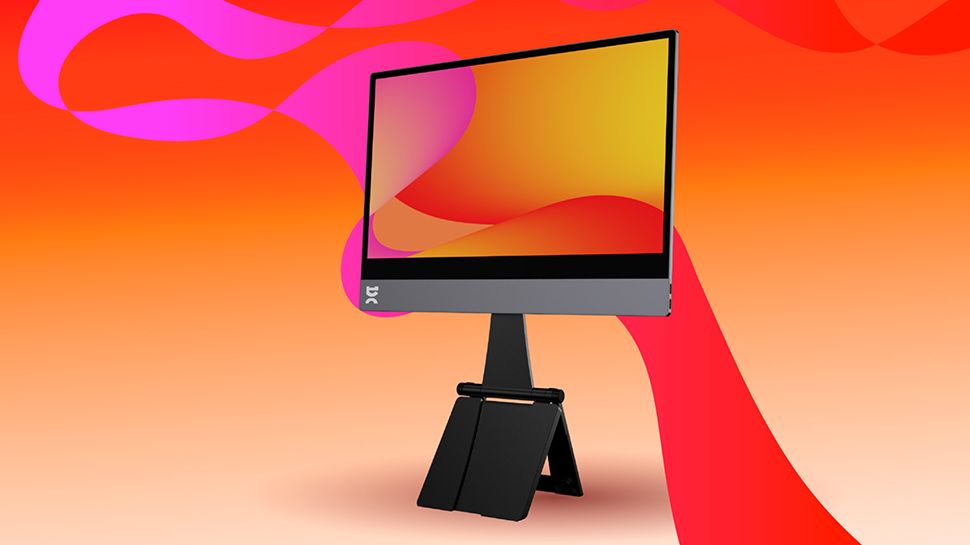Experts predict that a US order prohibiting the export of some advanced chips to China will affect almost every major tech company in the country that uses public clouds or advanced artificial intelligence training modules.
Nvidia Corp said on Wednesday that US officials told it to stop exporting two of its top computing chips to China for AI work.
Advanced Micro Devices also announced new licensing requirements that will prevent its advanced AI chip, the MI250, from being exported to China.
Shu Jueting, a Chinese Commerce Ministry spokesperson, stated on Thursday that Beijing opposes the measures, claiming that they undermine Chinese companies’ rights and threaten global trade supply chains.
The orders highlight growing tensions between the United States and China over access to advanced chip technology.
“We’re going from blocking specific US companies from supplying to a specific company, as was the case with Huawei, to banning specific US products from selling to China period,” said Jay Goldberg, CEO of D2D Advisory, a finance and strategy consulting firm.
The worst-case scenario, according to Jefferies analysts, would be Washington broadening the ban to prohibit contract chipmakers such as Taiwan Semiconductor Manufacturing Co and Samsung from making chips for Chinese chip designers.
“We are not there yet, and the United States will likely evaluate the effectiveness of each incremental step before considering drastic action,” it said.
According to market observers, the latest ban is likely to affect a slew of Chinese tech giants, including Alibaba Group Holding Ltd, Tencent Holdings Ltd, Baidu Inc, and Huawei Technologies Co Ltd.
According to Jefferies, affected companies could use cloud services from Alphabet Inc’s Google or Amazon.com Inc’s AWS to develop AI software and export it back to China, or they could use multiple lower-end chips to replicate the processing power of the banned, high-end chips.
According to one former senior AMD employee in China, the restrictions will not prevent Chinese tech companies from advancing their AI research but will make it more expensive and inefficient in the short term.
“It has an effect on resources. They will continue to work on the same projects and progress will be made; it will simply slow them down “He told Reuters.
Reuters’ requests for comment were not immediately responded to by Alibaba, Tencent, or Baidu. Huawei has refused to comment.
Washington is targeting Nvidia and AMD chips for AI and machine learning applications, specifically for building training modules for tasks such as natural language processing.
These modules may also be useful to militaries in modeling bomb simulations and weapon design.
According to Goldberg of D2D, there are few Chinese companies that could quickly offer chips to replace those of AMD and Nvidia, and the restrictions would likely spur more funding for domestic chip startups to close the gap with the U.S. firms.
A number of startups in China aspire to make chips that can compete with Nvidia and AMD. Many were founded by former employees of those companies, though few have achieved significant scale.
On Thursday, shares of Chinese AI chipmakers Hygon Information Technology Co and Loongson Technology Corp rose 10% and 6%, respectively.
Biren, a company founded by Nvidia and Alibaba alumni, unveiled a 7nm chip last week, which experts say represents significant progress for China’s chip sector.
“Several dozen Chinese chip companies are working on all kinds of AI accelerators, and their order books are going to fill up tomorrow,” Goldberg predicted.





![Arcane season 2 act 3 ending explained: is [SPOILER] dead, is there a post-credits scene, will there be a season 3, and more of your biggest questions answered](https://cdn.mos.cms.futurecdn.net/eigNZzwmEEgjNReJf2UgzQ-1200-80.jpg)